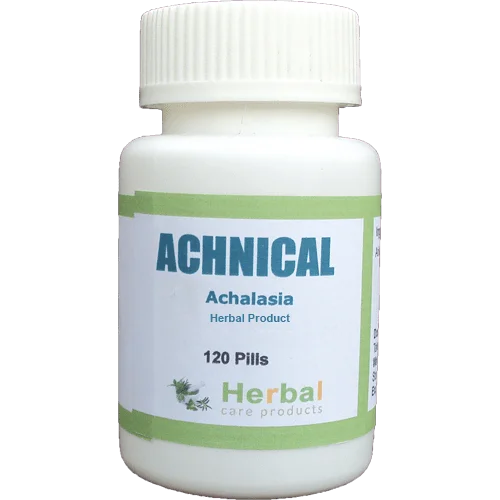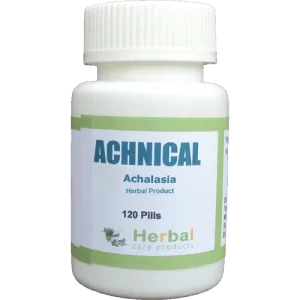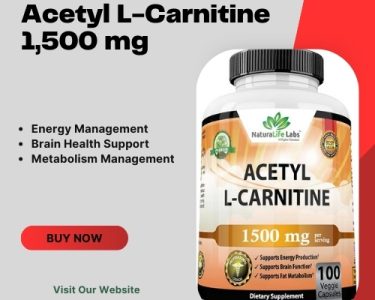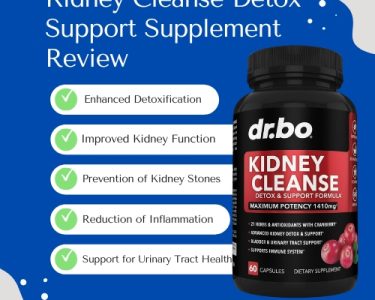Achalasia is a rare but challenging esophageal disorder that affects the ability of the esophagus to move food toward the stomach. People with achalasia experience difficulty swallowing, chest pain, and often struggle with food regurgitation, which can make eating an uncomfortable experience. While medical treatments, like surgery and medications, are available, some people seek natural methods to manage Achalasia Natural Treatment symptoms. Natural treatments and lifestyle changes that may help ease the symptoms of achalasia.
What is Achalasia?
Achalasia occurs when the esophageal muscles lose their ability to contract and push food toward the stomach, due to nerve damage or other disruptions in the function of the esophagus. Additionally, the lower esophageal sphincter (LES) doesn’t relax properly, which makes it hard for food to pass into the stomach. Common symptoms include:
- Difficulty swallowing (dysphagia)
- Chest pain or discomfort after eating
- Regurgitation of food that hasn’t reached the stomach
- Weight loss due to eating challenges
Key Symptoms of Achalasia
People with achalasia often experience symptoms like:
- Difficulty swallowing (dysphagia), which can affect both solid foods and liquids
- Chest pain or discomfort, especially after eating
- Regurgitation of food that hasn’t reached the stomach
- Heartburn-like symptoms without acid reflux
- Weight loss due to challenges with eating and digesting
Natural Treatment Approaches for Achalasia
While achalasia requires medical diagnosis and treatment, some natural approaches can help ease symptoms and improve quality of life. These methods focus on dietary adjustments, lifestyle habits, and complementary therapies to support digestion and reduce discomfort. Here are several natural treatment approaches for managing achalasia:
1. Dietary Adjustments
Diet can play a significant role in reducing achalasia symptoms. Some recommended dietary practices include:
- Eat softer, easy-to-digest foods: Soups, smoothies, purees, and foods with a softer texture are often easier to swallow and prevent food from getting stuck in the esophagus.
- Eat smaller, more frequent meals: This reduces the load on the esophagus and stomach, making it easier to digest.
- Avoid hard-to-swallow foods: Raw vegetables, dry foods, and tough meats can be harder to move through the esophagus. Focus on foods that require minimal chewing and can be swallowed easily.
- Chew food thoroughly: Taking extra time to chew food well can aid in easier swallowing and digestion.
2. Hydration Techniques
Drinking water properly can also help ease the movement of food through the esophagus. Tips include:
- Drink warm water with meals: Warm water can help relax the esophagus, making it easier for food to pass down.
- Avoid very cold beverages: Cold drinks can cause the esophageal muscles to tighten, which may worsen symptoms.
- Take sips of water between bites: This can help flush food down and prevent it from getting stuck.
3. Herbal Remedies
Although there’s limited scientific evidence on herbal treatments for achalasia specifically, some herbs traditionally used to support digestive health might offer relief. Always check with a Health & Fitness provider before trying herbal remedies, especially if taking other medications.
- Licorice root: Known for its soothing properties, licorice root may help reduce inflammation and promote relaxation in the esophagus.
- Chamomile: This calming herb is commonly used for digestive health and may help relax muscles, potentially easing symptoms.
- Ginger: Known to aid digestion, ginger may help reduce feelings of fullness and discomfort. It should be used with caution, though, as it can irritate some people’s digestive systems.
4. Proper Body Positioning
Body positioning after meals can help reduce symptoms by aiding the movement of food toward the stomach. Suggestions include:
- Remain upright after eating: Sitting or standing for at least 30–60 minutes after meals helps prevent food regurgitation.
- Avoid lying flat: If resting, try propping yourself up with pillows or slightly elevating your bed to keep food moving downwards.
- Raise the head of your bed: Elevating the head of the bed by a few inches can help prevent nighttime regurgitation and discomfort.
5. Stress Reduction Techniques
Stress can exacerbate achalasia symptoms, as it can tighten muscles, including those in the esophagus. Stress-reducing techniques can help relax the esophagus and reduce discomfort.
- Deep breathing exercises: Practicing slow, deep breaths can help relax the muscles and promote calmness.
- Mindfulness and meditation: These techniques can help manage stress and improve the body’s response to symptoms.
- Gentle yoga: Yoga practices that promote relaxation (avoiding intense or inverted poses) may help ease tension in the body and digestive tract.
6. Acupuncture
Some people find that acupuncture, a traditional Chinese medicine practice, may help relieve pain and improve digestion by promoting relaxation in the esophageal muscles. While scientific evidence is limited, acupuncture has been used as a complementary treatment for various digestive disorders. Always consult a certified practitioner, especially one with experience in treating digestive conditions.
7. Massage Therapy
Certain massage techniques, such as abdominal massages, may help stimulate digestion and relieve tension in the digestive tract. These massages can be relaxing and may improve overall comfort. Consulting a massage therapist trained in abdominal and digestive health may be helpful.
When to Consult a Healthcare Provider
While natural approaches can provide some relief, achalasia is a serious condition that often requires medical treatment. If symptoms worsen or persist, it’s important to seek medical advice to explore other options, like pneumatic dilation, Botox injections, or surgery, which can help relieve symptoms more effectively.
When to Seek Medical Treatment
While natural treatments may provide some relief, it’s important to consult a healthcare provider for a proper diagnosis and to consider medical treatments for achalasia. Severe cases may require more advanced treatment, such as:
- Pneumatic dilation: A procedure that stretches the LES to allow better food passage.
- Botox injections: Used to temporarily relax the LES.
- Surgical options, such as Heller myotomy, to help relieve symptoms.
Final Thoughts
Natural treatments and lifestyle changes can be helpful for managing achalasia symptoms and improving quality of life. However, achalasia is a serious condition, and these natural methods should be seen as complementary, not a replacement for professional medical care. By combining dietary modifications Best Herbal Supplements Products relaxation techniques, and proper positioning, many people with achalasia can find some level of comfort and relief from symptoms.





